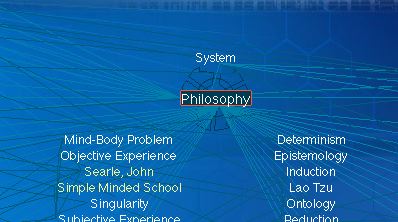A new freeing up of the flow can both let through anything at all, and also give air to critical possibilities that used to be limited or inhibited by the old mechanisms of legitimation – which are also, in their own way, word-processing mechanisms. (p. 32)
Paper Machine by Jacques Derrida and translated by Rachel Bowlby has an essay on “The Word Processor” that is one of the better discussions of how word processing is changing writing. Some quotes:
“But when we write ‘by hand’ we are not in the time before technology; there is already instrumentality, regular reproduction, mechanical iterability. So it is not legitimate to contrast writing by hand and ‘mechanical’ writing, like a pretechnological craft as opposed to technology.” (p. 20)
The machine remains a signal of separation, of severance, the official sign of emancipation and departure for the public sphere.” (p. 20)
As you know, the computer maintains the hallucination of an interlocutor (anonymous or otherwise), of another ‘subject’ (spontaneous and autonomous, automatic) who can occupy more than one place and play plenty of roles: face to face for one, but also withdrawn; in front of us, for another, but also invisible and faceless behind its screeen. Like a hidden god who’s half asleep, clever at hiding himself even when right opposite you. (p. 22)
With pens and typewriters, you think you know how it works, how ‘it responds.’ Whereas with computers, even if people know how to use them up to a point, they rarely know, intuitively and without thinking — at any rate, I don’t know — how the internal demon of the apparatus operates. … We know how to use them and what they are for, without knowing what goes on with them, in them, on their side; and this might give us plenty to think about with regard to our relationshi with technology today – to the historical newness of this experience. (p. 23)
Is it really new to use technologies without understanding?
For Derrida the age of the book is passing.
This is not the end but we are probably moving to another regime of conservation, commemoration, reproduction, and celebration. A great age is coming to an end.
For us, that can be frightening. We have to mourn what has been our fetish. (p. 31)
I like the French term for word processor, “traitement de texts” – seems more accurate to what is happening.








 Is a belief in God rationally consistent?
Is a belief in God rationally consistent? 
